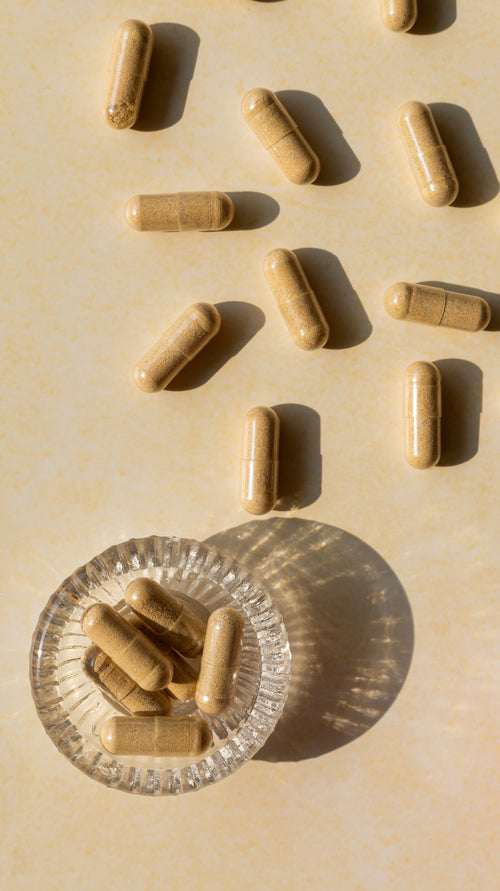When our digestive system is working at its best we are blissfully unaware of all the complex processes that are being carried out after we have finished a meal. However, if things are not working well we may become aware of gurgles, discomfort and bloating. So how does digestion work and what can go wrong?
The whole point of our digestive system is to break down the food we eat into smaller nutrients that can be absorbed in our digestive system.
For example carbohydrates become simple sugars that pass easily though the walls of the digestive system and into the blood stream. Food is shuttled through the digestive system using mechanical processes that gradually push it through, so it has time to break down. This break down involves a cocktail of chemicals produced by the body, triggered by a number of stimuli.
The first trigger occurs even before we put any food in our mouth. The sight and smell of food starts the production of saliva; hence food really is being mouth-watering! In this saliva is an enzyme called amylase that is the first chemical to start breaking down carbohydrates in the mouth.
As food moves down the digestive tract it activates stretch receptors in the digestive walls, preparing the stomach ready to receive food. This causes stomach acid to be released from the stomach wall that will help to kill any ingested bugs, but also signals the release of an enzyme, pepsin, that starts the break down of proteins.
When food leaves the stomach it is in a more liquid form and is rather acidic as it has been mixed with stomach acid. Our body is amazing, so to counteract the acidity, our pancreas creates bicarbonate which it sends to our small intestines. It also sends a collection of digestive enzymes such as lipase, amylase and protease to help break down a whole spectrum of foods. The final chemical that joins the mix is bile, a substance produced by the liver and stored in the gall bladder. This helps to emulsify or break up fats. A bit like dish washing liquid helps break up the fats to help us clean our dishes.
Overall this is an amazing complex process to break down food for nutrient absorption. However, as we age, our digestive activity declines.
Our production of digestive chemicals slows and digestive absorption becomes less effective. Also digestive motility can slow, which can lead to sluggish digestion. Other factors such as food irritations can also cause disruptions to our well-oiled machinery; as can stress and we may feel digestive discomfort when we eat. This is where digestive enzymes can be useful. When taken before a meal they can provide support for the normal break down of foods, helping to top up the ones we naturally produce.






